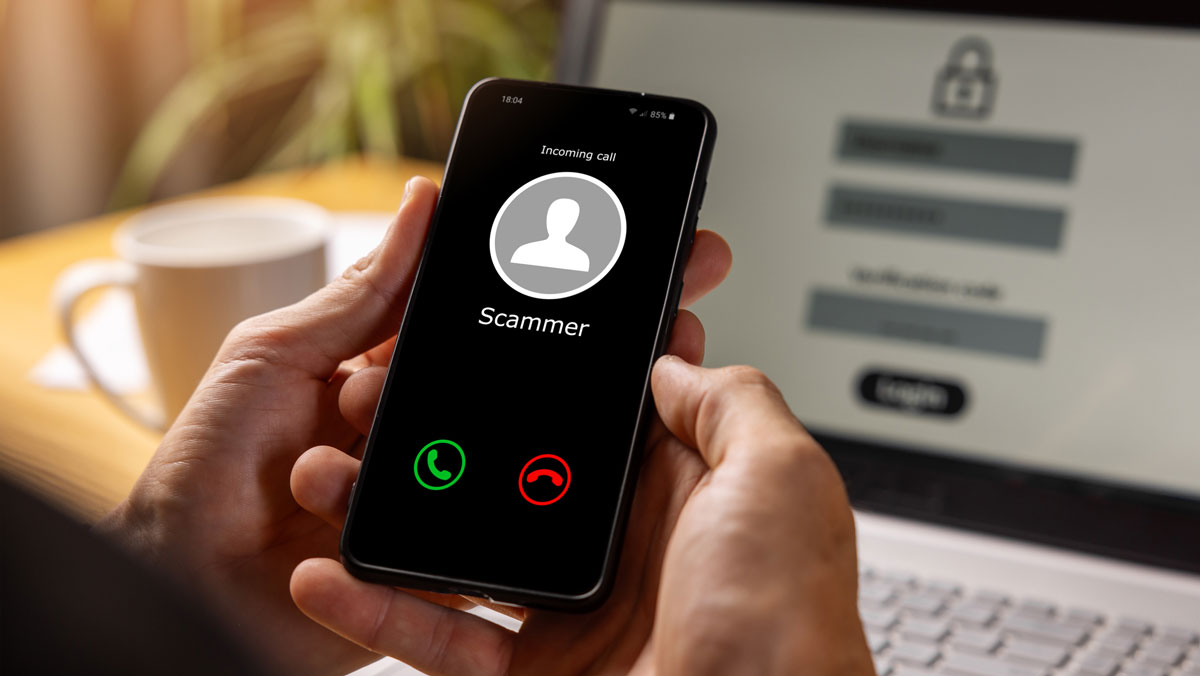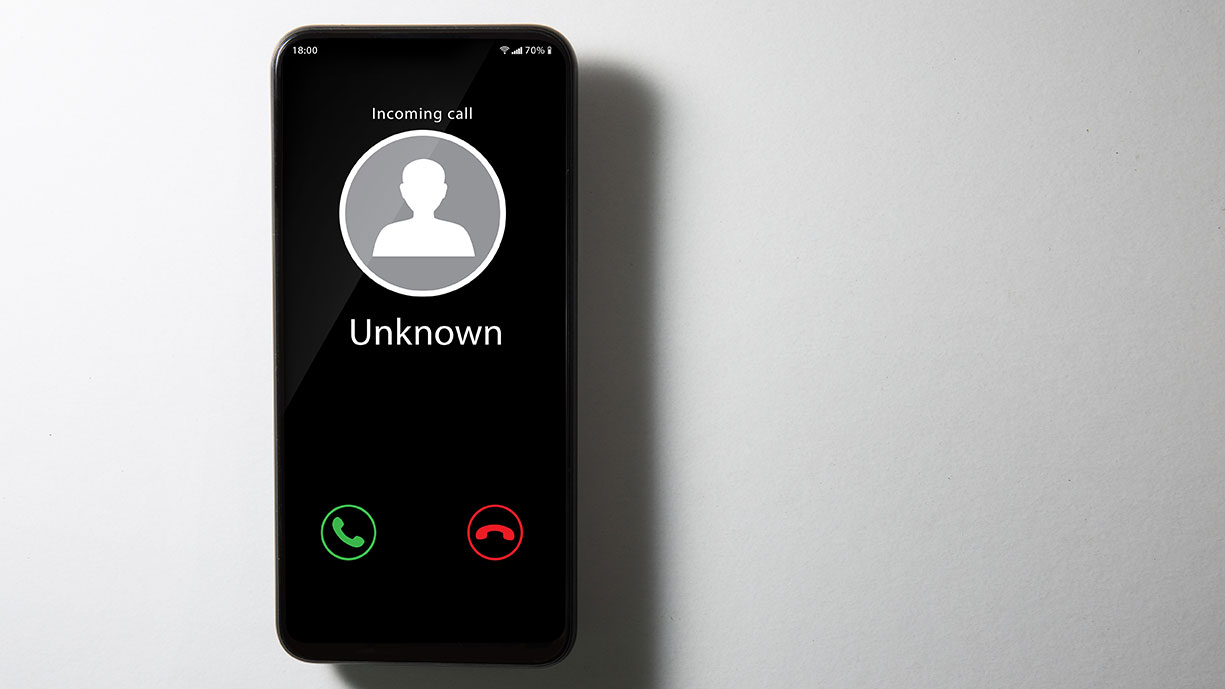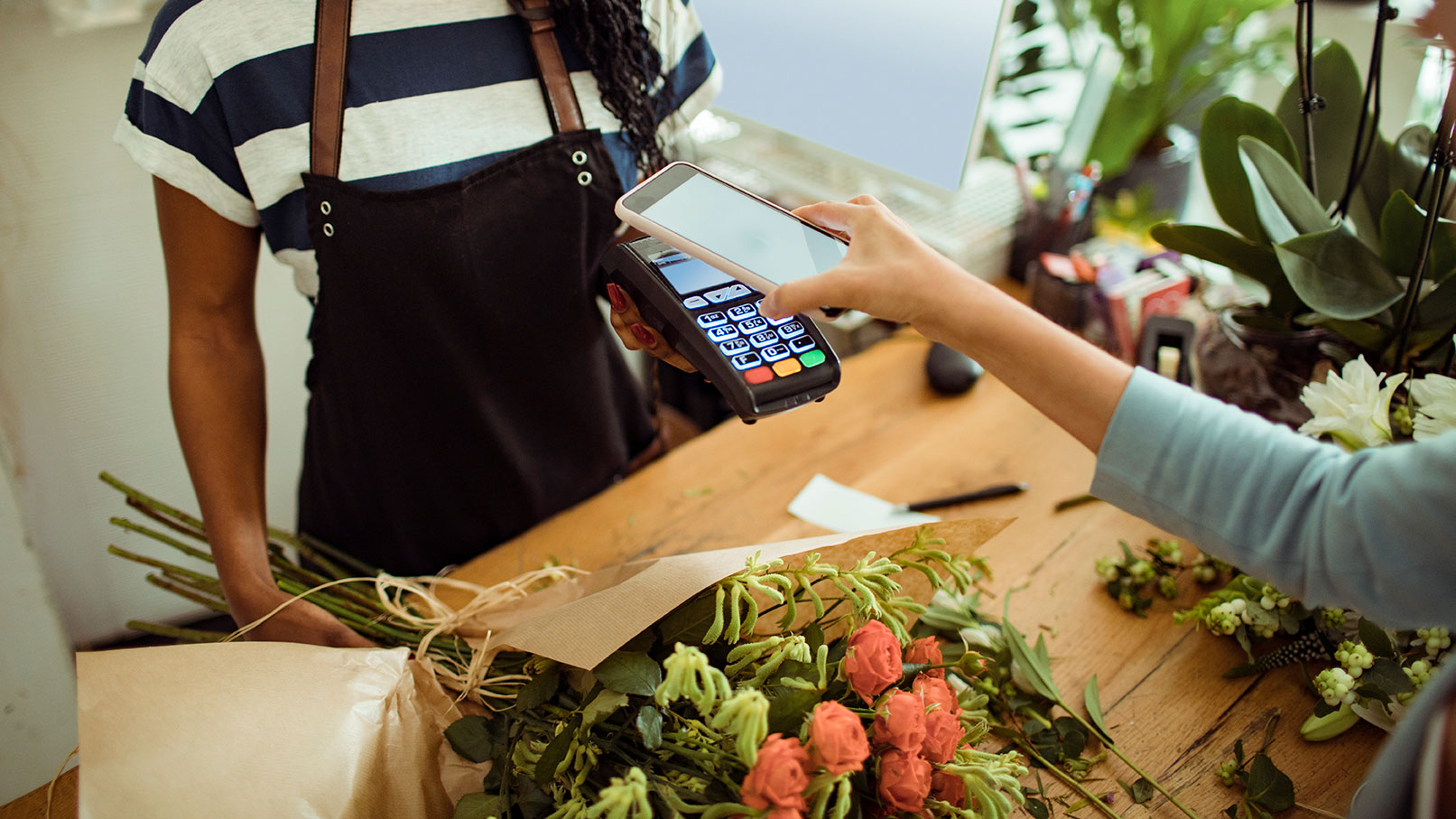
'Tis the season for shopping scams. Fraudsters continue to find new ways to scam every year. The security experts at MSGCU remind you to be especially vigilant against these holiday-related scams:
Shipment update scams
Fraudsters send a fake email or text about a failed delivery attempt or request updated shipping information. While it may look like the package delivery provider, the email/text contains a link with malware instead. If you think the message may be legitimate, go directly to store’s website, and look up your previous orders for tracking information.
Social media scams and fake websites
Fake, online stores are set up by fraudsters, who then use social media to advertise the fake website. Though you may pay for the items, you’ll never see them. Go to the website directly, check the URL (the website’s address) matches the name of the company, and then seek out two things: first the shipping and return policy and second, payment options. If there’s no information on how to return an item, that’s a big red flag. If a website is trying to get you to pay in hard-to-trace methods like gift cards, cryptocurrency or payment apps only (Zelle, Venmo, etc.), that’s a big sign it’s not legitimate - don’t proceed!
Donation and fake charities
Don’t let your giving spirit be taken advantage of with donation scams that replicate a charity website. Your money goes right to the wrong place. Check out a charity’s website directly and look for specifics on how a donation is used (hint: if you can’t find it, be suspicious). Check out these five tips before you donate from the FTC.
Gift card scams
Gift card codes are stolen by fraudsters even before cards are purchased. Once the card is activated, they drain the balance before you even get to use it. Look for any signs that the packaging has been tampered with before you purchase a card.
Porch pirates
These scammers steal packages right from your doorstep. The best deterrent for a porch pirate is not to have anything to steal, so make sure to track and collect your packages as soon as possible. Plus, keep your porch well lit and even leave lights and the TV on when you’re not home.
Being aware is the first line of defense when it comes to protecting yourself from being the victim of a scam. Additionally, there are things you can do to help protect your personal information, so a lump of coal is all a scammer is going to get from you. Read our blog post for ways to protect your account.
And remember, MSGCU will NEVER ask for your online banking password, or log-in verification code. Follow MSGCU on Facebook and Twitter for more security tips.
Category: Security
« Return to "Blog"

























